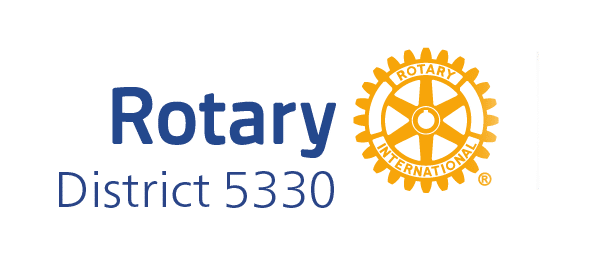ETHICAL LEADERSHIP
As this year’s Vocational Service Chair, I have wanted to write about so many different topics relative to this important Avenue of Service this year but have very little time to do it because I have only 6 months left to achieve my goal! This month I want to focus on the topic of Ethical Leadership.
All of us have been leaders at one time or the other. During our leadership responsibilities, how often have we thought about the part “ethics” plays in our situations?? I have to confess that I have taken “ethics” for granted, but it is important to remind ourselves, from time to time, of the benefits it plays in our respective leadership roles.
Ethical leaders demonstrate honesty, integrity and transparency. These characteristics strengthen trust among members and the communities they serve. By setting high ethical standards, leaders create a culture of respect, inclusivity, and motivation. The end result is an organization that is more effective and cohesive.
Ethical leaders are focused on aligning all their actions on the organization’s mission and values. The Rotary International Foundation’s mantra, as of late, has been “sustainability”. They now award grants to clubs only if the projects are “sustainable”. And so, in the vein of leadership, ethical leaders create sustainable practices like responsible resource management and transparent reporting, ensuring the longevity of the organization.
Communities recognize and appreciate ethical organizations and, therefore, want to engage with them in meaningful and productive projects. Ethical leaders mentor and inspire others. They are transformational and not merely transactional.
One of the apparent characteristics of ethical leadership is that it reduces the risk of internal conflict, favoritism, or mismanagement, ensuring fairness and justice within an organization.
Ethics is such an integral and necessary part of leading. One can only hope that all leaders embrace the concept of ethics!
Bill Chase, PDG

